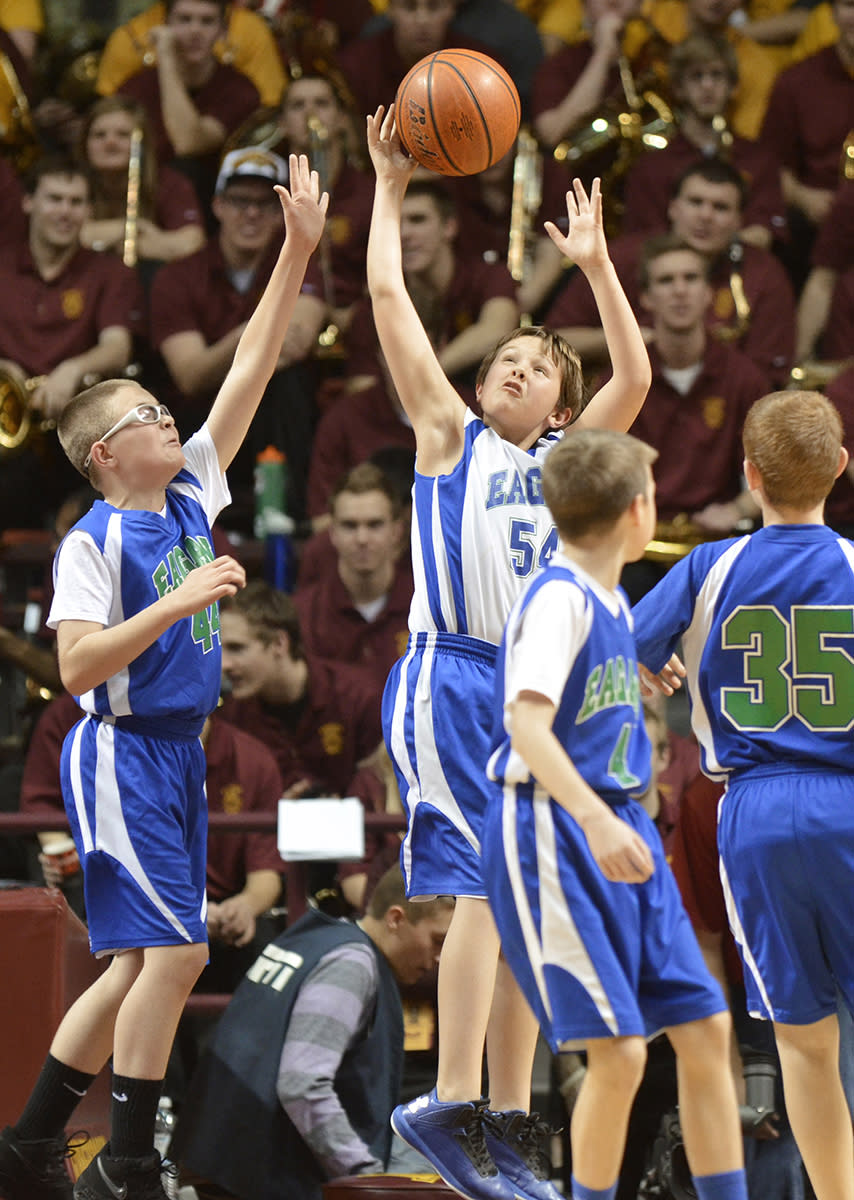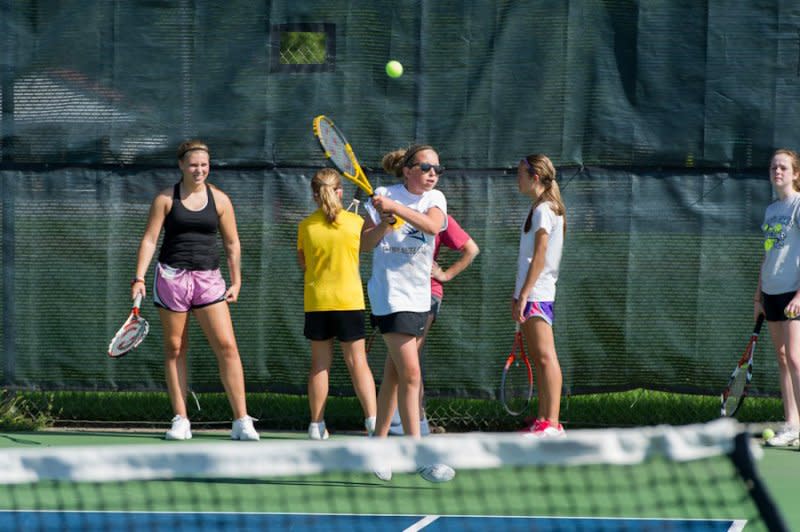When planning and executing a sports tournament or event, you want to give the players, staff and spectators the best experience possible – experiences that will keep them coming back, year after year. You also want to create strong relationships with your vendors and partners, have a good support system and your “go-to” team for future events. The time and energy spent researching a location and venue for the first year of an event and developing those stellar relationships can pay dividends in future years, with each recurring event running increasingly smoothly and solidifying the event as a must-attend for participants for years to come.
The following are insights for planners to keep in mind that will lead to winning tournament experiences (no matter what happens on the field) and create sustainable relationships for continued success.
 Set the foundation
Set the foundation
Before diving into the logistical planning for an event, take a step back and make sure you have a solid strategy and foundation in place to assemble a winning event and experience. Here are the top five things to keep in mind to set a good foundation for the event and the supporting relationships:
- A top consideration for tournament and event organizers is to give yourself plenty of time to plan and organize. We’re talking at least six to nine months at minimum. There are a lot of people who need to come together to make events happen – food vendors, tournament coordinators, maintenance staff and more. You want to give everyone plenty of time to ensure the details all line up for a successful experience. If you want attendees to be at your event, you also need to make sure you are promoting the event well in advance in order to give them enough notice so they can make travel arrangements.
- Planners also need to do their research. Research as much as you can when you’re about to plan a tournament – about the area, the dates and what could potentially pose problems. We have seen many events planned for the same weekend – resulting in a shortage of hotel rooms and resources. For example, when the Ryder Cup came to Minnesota in 2016, it brought an estimated quarter million fans to the golf course, and hotels within a 75-mile radius were not able to offer social room blocks for tournaments, weddings and other events due to the demand. Look into the calendar of the local Convention and Visitors Bureau (CVB), google the state’s top events and make sure to take school holidays into account.Use your resources, such as a local CVB, parks and rec department, hotel concierge, etc. They are the experts on the area and might have connections that an outside event planner does not. These are great sources to gain additional insight, background information and ideas you may not have been aware of, and they generally give their advice and make connections at no charge to event planners. DMOs can also make sure you aren’t interfering with another existing event, can help secure the space and hotel accommodations and connect you with the contacts you need right away. Also check to see if there are ways the DMO can offset costs. For example, at Minneapolis Northwest Tourism, we offer an event assistance fund to help new events in our area achieve success. Many DMOs throughout the country offer programs like this, but Minneapolis Northwest’s is unique in that planners can apply it to anything associated with the event (transportation, lodging, etc.). Ask about the availability of such programs, and all details.
- Throughout the planning process, keep the experience of the participants and their families top of mind. The better you can make the experience for them, the more successful the tournament will be. Whether it is ease of access to the facility, great nearby restaurants that can accommodate groups, passes to nearby attractions, special award ceremonies or events for participants, or even customized T-shirts and visitors’ bags, thinking through how participants and families will move through their days and any added “extras” beyond the games themselves can help create an exceptional experience. Also, work to gather attendees’ opinions and feedback during the event and tailor future plans accordingly. Seeing that you took notice of any problems and corrected them, or built upon any successes, will mean a lot.
- Pick a location with fun for the whole family. Families use a large portion of their vacation budget to travel to tournaments and games for their athlete. Consider locations that have a wide range of restaurants, hotels and amenities for the whole family. With these amenities, families may choose to extend their stay in a tournament location and make it a family vacation. Not only does this help with costs of traveling to tournaments, but it also makes the overall experience more enjoyable for everyone.
Select the venue
Once you’ve done your research and landed on a date and location that works for your participants and their families, it’s time to consider the venue and the surrounding area. After all, this will be home base for your players and attendees; the venue and the amenities nearby are naturally significant factors in the success of your event. Here are a few things to keep in mind when choosing a venue:
- Venue amenities. Check to see what’s included in your rental of the venue, and what needs to be outsourced. Are there bathrooms onsite? Concessions? Locker rooms? Lighting? Security? Parking? All of these are major players in the tournament world and keys for a successful event.
- Transportation. How easy is it to get to the venue from the airport? Is there accessible parking? Are there plenty of ground transportation options available? How close are the lodging and hotel properties to the venue? Again, looking through the lens of the attendees every step of the way will help you make good decisions.
- Area amenities. What is there to do for the participants when they are not at the tournament or the event? While hosting events in larger cities can be exciting, look to the suburbs (where the larger city is easily accessible, but you have room to breathe). Usually, a smaller suburban area can go that extra mile and make your event more special than a large city can. Suburban areas usually offer free parking, can assist with event fees or grants and can help you every step of the way.
- Weather. It’s important to consider what your back-up plan is if the weather is less than ideal. Is the venue equipped with tarps, tents or other items that lessen the impact of poor weather? What types of contracts do your vendors have to assist in severe weather situations? Is there an on-site shelter that can be used in the case of severe weather?
Leverage sports event trends
As you’re planning a sports event, it’s important to stay on top of the industry trends, whether you incorporate them into your event now or in the future. These are the big trends we’re seeing right now in the sports event world:
- Sports gambling. States are now free to choose whether to legalize sports betting or not. On a positive note, this is an exciting way for attendees to engage with athletes and their favorite teams if legalized sports betting is integrated into tournaments. On the flip side, it also creates some ethics questions that you’ll need to navigate. As more and more states legalize this activity, research the current status in your selected venue’s state and think about how it will affect your tournament planning.
- Safety. Concussions are a constant concern for players and their families. You may consider consulting an outside expert, such as Safe Sport, which is a non-profit that first emerged to ensure safety in several Olympic events and is now committed to ending all forms of abuse in sports. Safe Sport offers training, resources and consultations to help make your event as safe as possible. It is also important to consider which types of health professionals you will have on-site and be sure to get the dates of your tournament locked into their schedules.
- Emerging and non-traditional sports such as quidditch, pickleball and esports are hot right now, and more and more venues and planners are capitalizing on these trends. Esports has grown a ton; we’ve even seen our local Topgolf in Brooklyn Center add an esports lounge to accommodate some of these events. Even if you’re planning a traditional sports tournament, these emerging sports may be fun options for spectators during downtime.
 Avoid common missteps
Avoid common missteps
At this point, you have everything checked off the list you’re supposed to do. What about the things you shouldn’t do? Some common mistakes and missteps tournament organizers make during site selection and planning include:
- Not checking the calendar to make sure there isn’t another large event happening in the same area at the same time. Again, CVBs can assist with making sure you aren’t interfering with another existing event, can help secure the space and hotel accommodations, and connect you with the contacts you need right away.
- Publicizing an event before you have confirmed the details. If you’re not 100 percent sure the event is going to happen, hold off on sharing any information.
- Not having a back-up plan for severe weather and other crises. Things happen that you can’t control but being prepared for them will ease everyone’s mind as you head into the event. In addition to a backup plan for inclement weather, also consider compiling a crisis plan for emergencies, mapping out how different scenarios will be handled should they arise.
- Failing to lock in key vendors before starting to plan and announce the event. Make sure your team is in place before inviting attendees.
Build sustainable relationships
Finally, here are some key considerations to build sustainable relationships – those key contacts that can help you make your event a success this year, next year and for years to come.
- Foster good communication. Open and honest communications with all parties is the key to success – with no surprises along the way. Create a communications plan at the beginning of your planning process – include deadlines for e-mails and details to confirm with the families, vendors and venues.
- Be organized. And be organized from the beginning.
- Stay true to your word. Follow through with deliverables. Partners will remember this for future events.
- Keep relationships going. CVBs also work with their connections on a regular basis, so you learn to trust one another— when you have an event you are really trying to advocate for, a venue partner is usually more likely to accommodate with someone who they already have a relationship with. Send thank-you notes to key contacts post-event. You may even consider a small gift or other gesture for those who helped make your event a success.
Planning a tournament with the long game in mind and creating an experience that can be replicated for years to come is no small task, but with the right research and relationships, it’s a goal that’s well within reach. Plus, each new year gives you the opportunity to refine and build upon previous successes. Remember to allow yourself as much time to plan as possible, leverage resources such as CVBs when you’re selecting a location and venue, and always keep the player and attendee experience in mind.
See the article in Sports Destination Management here.



